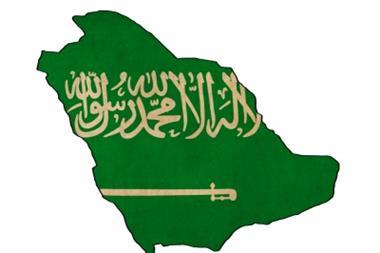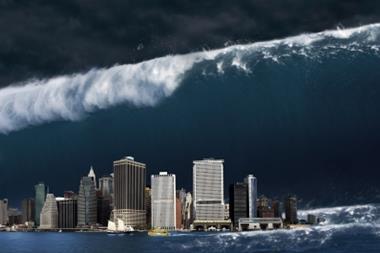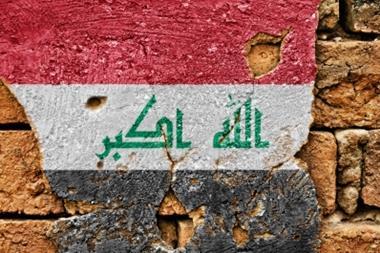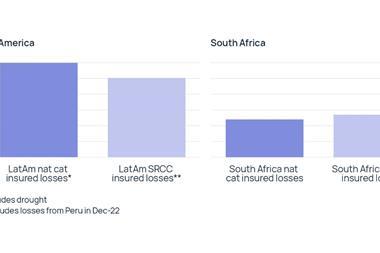Business continuity and internal resilience structures of firms in Iraq or neighbouring countries face a challenge from the terrorist group

The Islamic State’s rebellion against the Shiite regime in Iraq and Western influence in the region is causing concern for businesses with interests in the area.
To better understand the risks, StrategicRISK spoke to Julian Davies, senior consultant at XL Group’s contracted risk advisory firm, Salamanca, a consultancy on emerging and frontier markets and complex jurisdictions.
Davies served as the British Army’s operations officer in Baghdad during 2004-05, a role which involved service with American combat units across central Iraq and he has worked extensively in many countries in the Middle East.
Q: The violence in Iraq has intensified in the past month and has spread into Syria and Kurdistan. What effect has this had on corporate activity?
“Salamanca Group has not been called upon to deal with any evacuations or disruptions to supply chains. The main reason for that is that the areas most affected by the latest wave of militancy are not really developed in terms of commercial activity.
“The Kurdish autonomous region in northern Iraq has been well insulated up to now from the current wave of militancy, although the advance of the Islamic State in Northern Iraq has created some concern among some operators in Iraq and Kurdistan.
“This has not translated to any practical moves to withdraw or downscale business and this is not anticipated at the moment, apart from in the event of some significant, and in my view, unlikely developments.”
Q: Does this mean you are not expecting the violence to seriously affect business in the region?
“I’d never rule anything out, but there are some significant constraints as to what the Islamic State can do. If you look at insurgencies in other countries, there are some easy to define ‘high-tide’ marks and the first of those is based on ethnic labelling.
“Every militant group operates within its own friendly territory and a characteristic emerging here is that when a group starts to operate beyond that border, it is operating without the consensus of the population and it will also start to move into an area in which government armed forces are better suited to operate.
“In the case of Iraq, once the Islamic State starts to move outside Sunni-populated areas, it is going to find it difficult to make gains, particularly in Kurdistan, where it is moving outside of an Arab area and where there is little support.
“The Peshmerga, the Kurdish armed forces, is very capable, disciplined and motivated and the region has a coherent tribal and government network. All of those factors militate against the Islamic State being able to make gains.
“There is a possibility that isolated events, such as bomb attacks, could occur within Kurdistan and most risk managers in Kurdistan recognise that such events are possible. Most companies are well prepared for that eventuality, although the risk has certainly increased as a result of the expansion of the Islamic State.”
Q: What advice would you give to companies with operations in these areas?
“Any company operating within a high-risk environment needs to understand that significant investment in mitigation is an indispensible part of their operation.
“Most companies operating in Iraq’s Kurdistan have been there for a number of years, probably since 2005, when the established players entered the market. Those players were already tolerant of a high level of risk merely because they were operating within an autonomous, undeclared and non-independent region, which tells you a lot about the companies prepared to operate there from the outset.
“One benefit of having been there a relatively long time is that the intuitive awareness of the operating environment is well developed, particularly with regard to risk and, as a result, a certain degree of resilience is present within most companies operating in Kurdistan now.”
Q: How much further can the Islamic State push its campaign against Shiite Muslims and Western influence?
“In terms of which areas the Islamic State could dominate, it might have reached its peak or high-tide mark, but we may see that tide receding as the Iraqi government receives more support and starts getting organised or those borders might set.
“The situation is akin to that of in Afghanistan, with the Taliban, where the areas of dominance are well established. North-West Pakistan and Yemen are further examples, but we are in the realms of significant uncertainty when we are trying to predict that sort of thing and prediction is difficult, if not impossible.”




















No comments yet